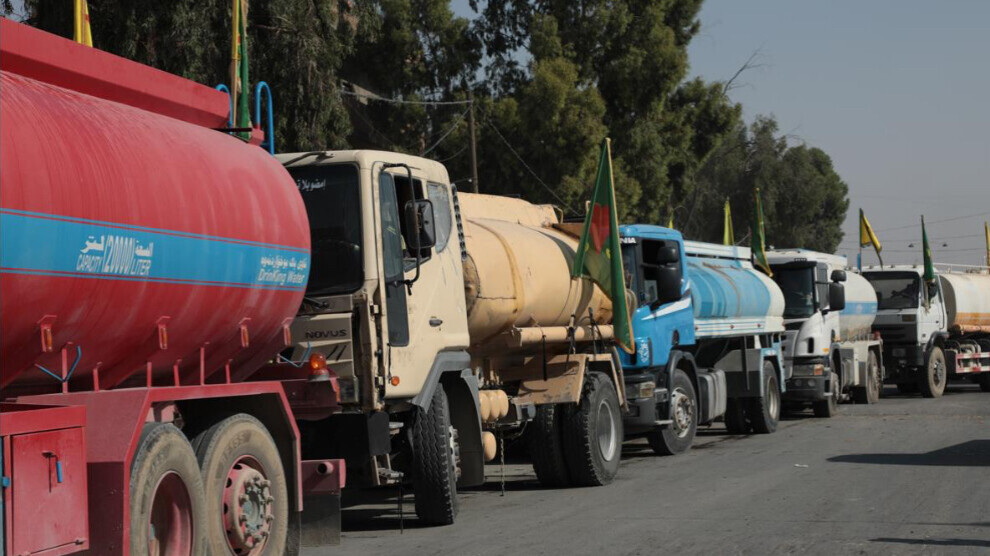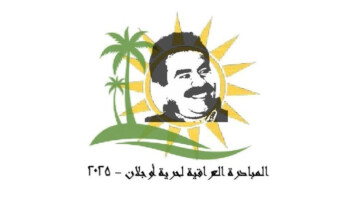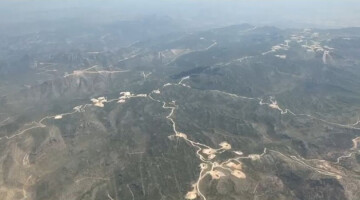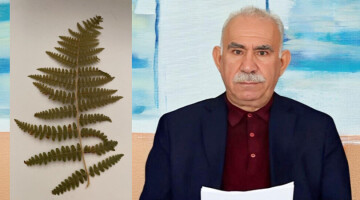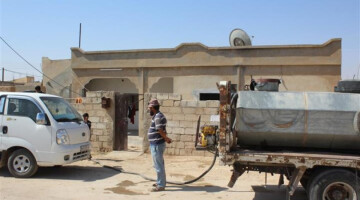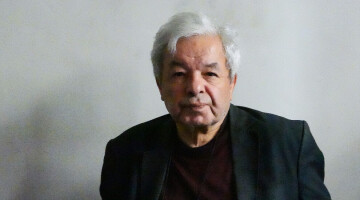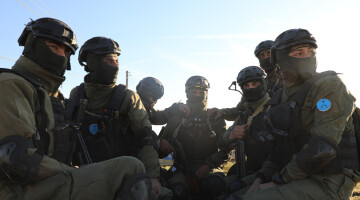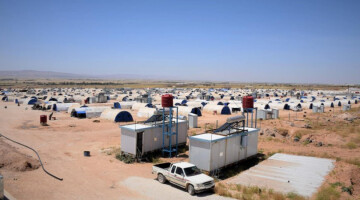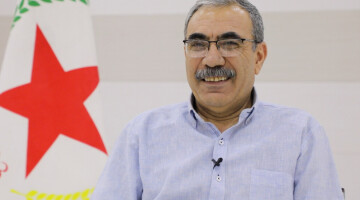The invading Turkish state continues to use water as a tool of war against the people of North-East Syria after its invasion plans against the region were foiled. The invaders, who use water to put economic pressure on the Autonomous Administration, mostly target the Alouk Water Station and the Euphrates River.
The Turkish state and its mercenaries have been cutting off the water reaching Hesekê Canton from Alouk (Elok) Station for more than two years. Although agreements have been made for the delivery of water to Hesekê, the Turkish state and its mercenaries constantly violate them.
Millions of people in the Hesekê Canton have been suffering from lack of water after the occupation forces cut off water supply from the Alouk Station, which used to be the main drinking water source of the Hesekê region before the invasion in October 2019 and has been under the control of the occupation forces since. The Turkish state cut off the water at least 36 times as a means of special warfare.
On July 3, the Water Directorate in Heseke Canton declared all the cities, districts, villages and towns in the canton a disaster area due to the ongoing water cuts. The villages of Til Temir as well as the Washokani and Serekaniye camps are also included in the disaster area. The Water Directorate pointed out that the continuation of the disaster is the result of the agreement of Russia, Turkey, and the Syrian regime to stifle the people in North-East Syria and annihilate their democratic experience.
The Syrian Democratic Forces (SDF), People’s Defense Units (YPG) and Women’s Defense Units (YPJ) have taken action to deal with the water issue in Heseke. The fighters will distribute water from 40 tankers to the people.
Egîd Dirbêsiyê, who coordinates the distribution of water, said: “Our defence forces have undertaken responsibility to resolve the water crisis experienced by the residents of Heseke. We are ready to take part in any activity that serves the city residents. We are the children of this region and it is our main duty to servet he people.”
Dirbêsiyê noted that the distribution of water will be conducted in cooperation with the municipalities and neighborhood councils, adding, “Our forces are constantly discussing over ways to help the people and reduce their burden.”
In the meantime, activities have been started in Qamishlo and Deir ez-Zor to support the people in Heseke and affiliated villages that have been faced with a water crisis since the Turkish state cut off water from Alouk station.
Background
The cutting off of Syria's share of the Euphrates river water by Turkey began in 2017. Since then, the water has been cut off from time to time. But since 27 January 2021, the Turkish state has been cutting off the water systematically.
The Turkish state has been releasing only 200 cubic meters of water per second instead of 500 cubic meters. This violates the 1987 protocol between Syria and Turkey.
The level of the Euphrates has dropped a lot due to the water being cut off for 30 months. The lakes behind three dams on the Euphrates River in Syria, the largest of which is the Euphrates Dam at Tabqa, have decreased significantly.
While the Euphrates Dam reservoir holds 14.5 billion cubic meters of water, it has recently decreased by 4 billion cubic meters due to the decrease in water from South Kurdistan. The water released by the Turkish state is not sufficient to cover the needs for drinking water, irrigation and electricity generation in the region.
The Autonomous Administration of North and East Syria has called on international powers, the governments of Damascus and Iraq to put pressure on Turkey to act in accordance with international law and not steal Syria and Iraq's share of the Euphrates water. However, the governments of Damascus and Baghdad remain silent and do not take any stance against the Turkish state.
The Iraqi government has also declared recently that the country's water reserves were empty and that water from Turkey, Syria and Iran was less than 70 percent of the previous share.

